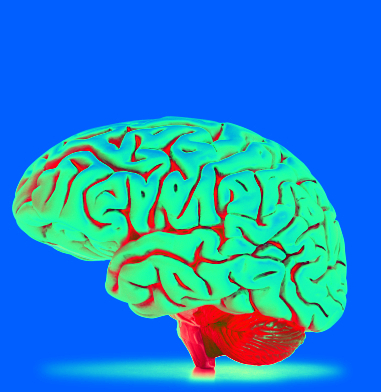Later stroke care studied
 Leaving hospital after a stroke has been described as being “like falling off a cliff”.
Leaving hospital after a stroke has been described as being “like falling off a cliff”.
La Trobe University’s Professor Miranda Rose is leading a new project to support mid and long-term stroke recovery.
She is also an expert in communication disability/aphasia after stroke.
“Fifty-six per cent of stroke survivors with aphasia experience depression or anxiety- psychological treatments need to be specially adapted for people with aphasia,” she said.
“The majority of people with aphasia after stroke lose friends and can become socially isolated: community aphasia groups are a feasible and cost effective solution that should be implemented.
“Speech pathology treatments to reduce the communication disability are effective for people with aphasia after stroke: novel service-delivery methods are available for implementation.”
But efforts are being made to personalise stroke recovery and rehabilitation through new technologies for people with stroke living at home.
“Leaving hospital is like falling off a cliff,” Dr Rose says.
“Survivors of stroke have unmet needs when they return home to live in the community. Yet, ongoing recovery is disrupted by the lack of tailored professional services to support mid and long-term recovery. We must bridge this gap.
“Our new program of research will deliver bursts of therapy at point of need, at home; and provide feedback through new technologies and a central hub…to stay connected, and to recover at home.””
The experts say the new approach has 3 points of innovation: monitoring the person in real-time at home for markers of recovery; personalised, goal-directed therapy for real-world activities, enhanced new technologies (therapist avatar); a centralised hub with interactive database informed by artificial intelligence, and supported by a network of sites and up-skilled therapists.
More details are available from the NHMRC-funded Centre of Research Excellence in Aphasia Recovery and Rehabilitation.








 Print
Print